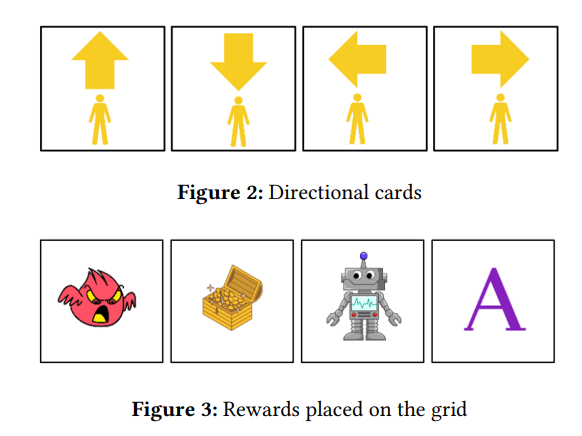This work is co-funded by the Erasmus+ project CoTEDI, which is also co-financed by the European Union under the call-key action 2023-1-NL01-KA220-SCH-000152037 – OID E10207981
Gamarra-Expósito, A., Martín-Barroso, E., & Zapata-Cáceres, M. (2025). Integrating Programmable Robots to Foster Computational Thinking in Early Childhood Classrooms. Proc. Special Issue on Innovations and Applications of Educational Robots and Robotics (EduRobotX SIG, EATEL), CEUR-WS EduRobotX.
Abstract. Computational thinking and educational robotics are becoming key competencies for creating
competent digital citizens in today’s world. The development of these skills has been gradually
implemented in Primary and Secondary Education, but there is still a long way to go, especially in
their use in Early Childhood Education. The use of these technologies from an early age has shown to
have positive effects on students’ education. This paper presents an intervention among 3-year-old
students using the Bee-Bot robot. The study includes both unplugged activities and activities with the
robot to develop computational thinking skills. The results show an improvement in the acquisition of
these concepts with meaningful learning after conducting the robotics sessions. Additionally, the
obtained results are analysed and options for their improvement are discussed. The difficulties and
limitations of this study are also addressed.
https://ceur-ws.org/Vol-3997/short1.pdf
